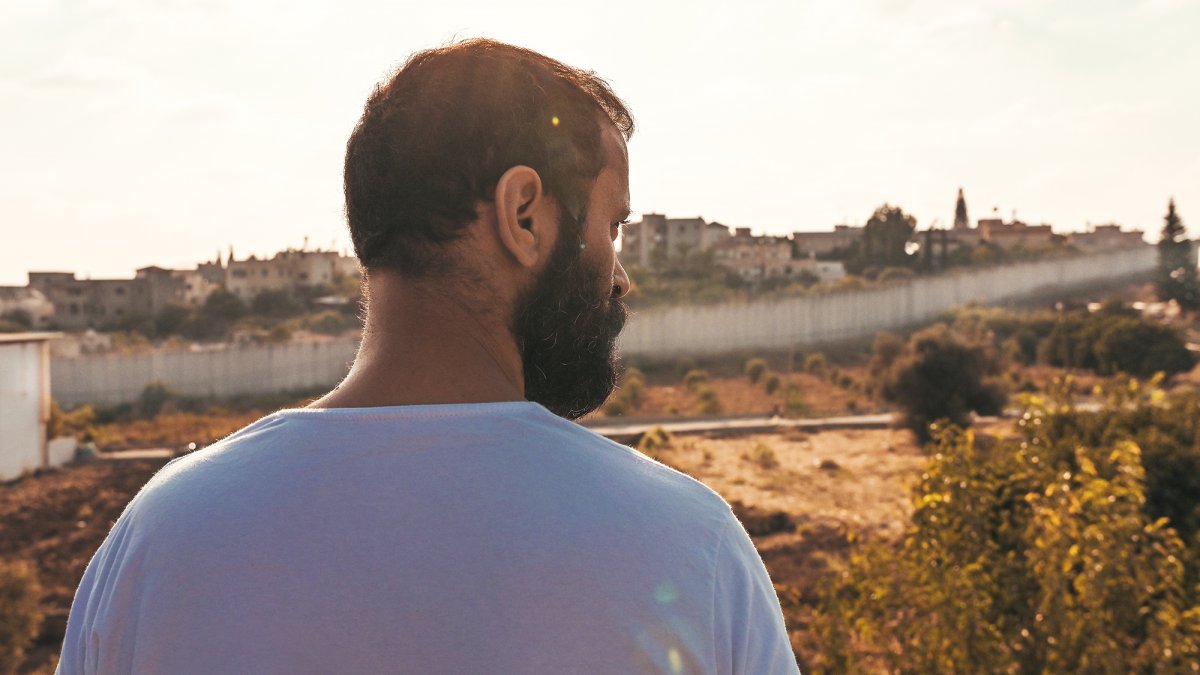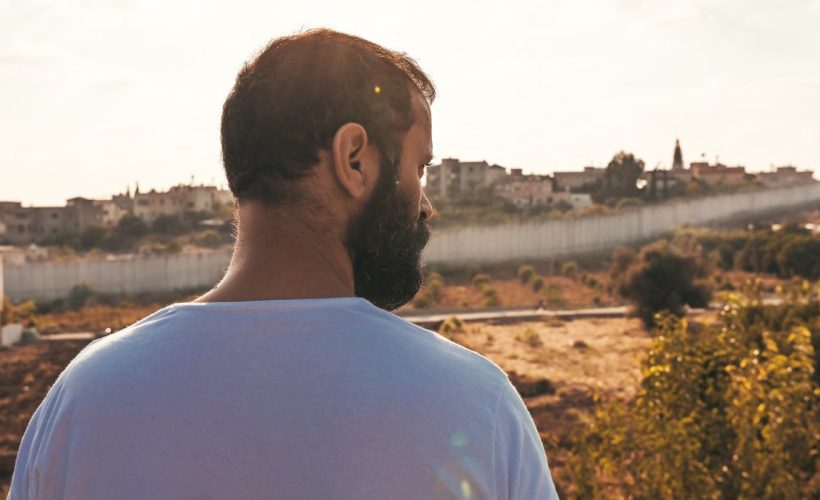Society
2.15.2021
“200 metres”, the poignant testimony of the daily life of separated families

Directed by Ameen Nayfed in 2020 and awarded at the last Venice Film Festival, the film “200 metres” shows the painful daily life of Palestinians facing the Israeli separation wall, through the odyssey of its main character Mustafa.
Real facts at the service of film culture
“200 metres” is the first feature film by director Ameen Nayfed. Through the narration of a human story inspired by his own experience, this 32 year old author brilliantly succeeds in recounting the suffering of Palestinian families, separated against their will by the Israeli wall. Ameen Nayfed has achieved this goal, as his work was quickly acclaimed internationally.
The building of the Israeli wall, initiated in 2002, was the subject of numerous public and legal condemnations for its consequences on the fragmentation of Palestinian society. In 2014, it is the turn of the International Court of Justice to affirm that the construction of this wall is illegal, which has not, however, been enough to prevent work from continuing. The film aims to denounce the material and human fracture that the construction of this wall has caused among the Palestinian population.

Largely inspired by the childhood of its author, the story is the one of a couple living in two villages, 200 metres apart but separated by the wall. Mustafa, played by Ali Suliman, lives with his mother in the West Bank while his wife Salwa and their three children live in a village with a Palestinian majority in Israel. Learning that his son has been injured in an accident, Mustafa, being refused entry to Israel, tries to cross the border clandestinely. This is the beginning of an extremely perilous and financial journey for him.
In just 96 minutes, his director manages to make his audience feel the terrible consequences that a roadblock can have on human relations. “I am not exaggerating when I say that all these obstacles can be met by a Palestinian in a single day. This is really the daily reality of Palestinians – a reality that the world does not know and that the film wants to show“.

A work highlighting the reality on the ground
Made in just 22 days, the film was shot in 35 different locations, focusing mainly on Tulkarem, a city in the north-western West Bank bordering the Green Line, the 1949 armistice line between Israel and the Arab countries. Thus, unlike other films that deal with this theme, “200 metres” alone “allows us to visually identify the difficulties of movement, barriers, checkpoints and isolated regions”, as its producer, May Odeh, reminds us.
“The film makes the invisible barriers created by this physical barrier palpable”, the producer analyses. “The 200-metre wall represents all the barriers, obstacles and frontiers built by racist policies to separate and divide people and peoples”.

A work acclaimed by the international community
After 7 years of work on his script and despite difficult financial conditions, Ameen Nayfed’s efforts have paid off.
If the work won an award at the last Venice Film Festival, “200 metres” was also a great success at the 4th edition of the El Gouna Film Festival in Egypt, winning the Cinema for Humanity Audience Award and the FIPRESCI prize.
Ali Suliman received the award for Best Actor while Ameen Nayfeh was awarded the “Mena Massoud” prize from the EDA Foundation.

Finally, this film was chosen to represent Jordan for the Oscar for Best International Film, a great achievement for its author.
popular

